This paper offers frameworks and tools to support complexity- and systems-oriented approaches in design...


This paper offers frameworks and tools to support complexity- and systems-oriented approaches in design...
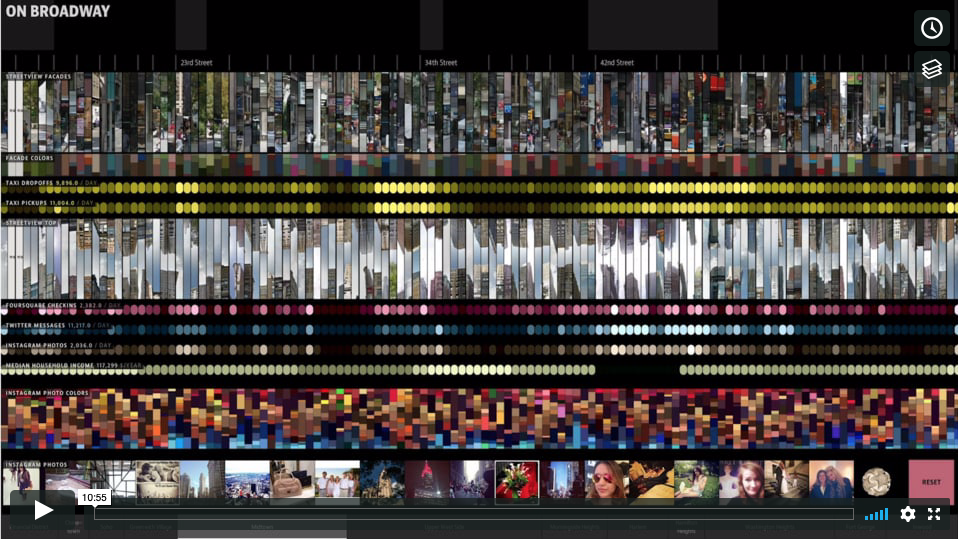
The successes of technology companies that rely on data to drive their business hints at the potential of data science and machine learning (DS/ML) to reshape the corporate world. However, despite the headway made by a few notable titans (e.g., Google, Amazon, Apple) and upstarts, the advances...
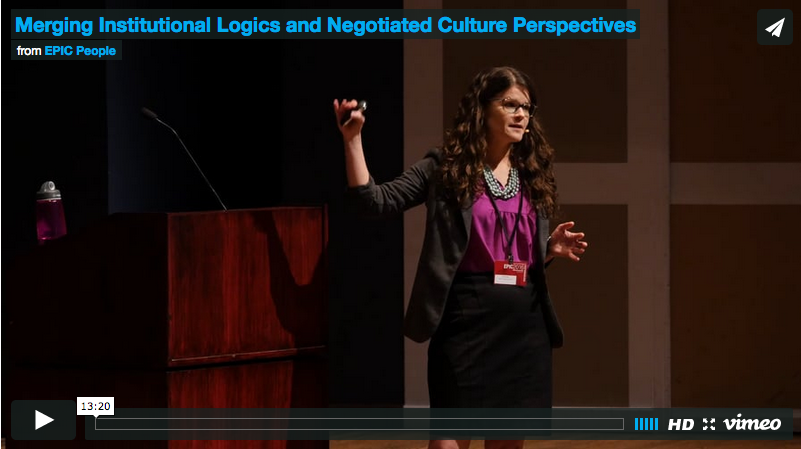
Showcasing a sixteen-month ethnographic study of a coalition to end homelessness in Western Canada, we show how the integration of two theoretical perspectives—institutional logics and negotiated culture—can be used as complementary, yet distinct lenses to better inform the practice of cross...

Since the 90’s, one of ethnography’s values has been about the reduction in the risk of developing new products and services by providing contextual information about people’s lives. This model is breaking down. Ethnography can continue to provide value in the new environment by enabling the...
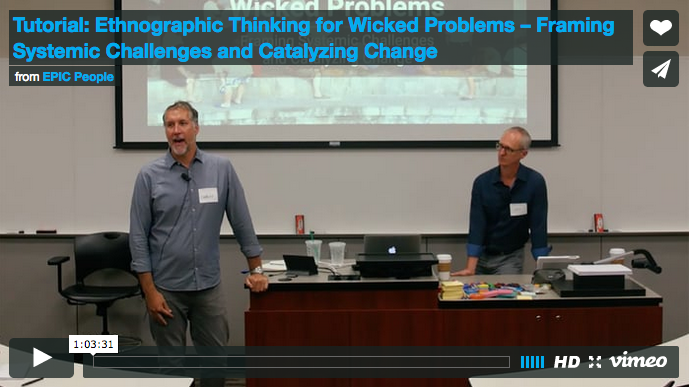
Overview In this interactive tutorial, participants explored ways in which ethnographers can have an expanded role in addressing social issues and other wicked problems. In particular, it explored how...

I posit that strategic innovation – the act of carrying an idea through to execution – is an act of destruction as much, or perhaps more so, then it is an act of creation. Specifically, innovation is a violent act against an extant complex adaptive system, a system whose purpose is not only to...

This yearlong video ethnography of a healthcare clinic that transitioned from a paper process to a scanning solution documents in detail how the new technology impacted different groups in the clinic. While the scanning solution reduced the retrieving, filing, and paper-processing work for the...

How do we learn to see and act with and within systems? How can we apply this orientation at the outset of...
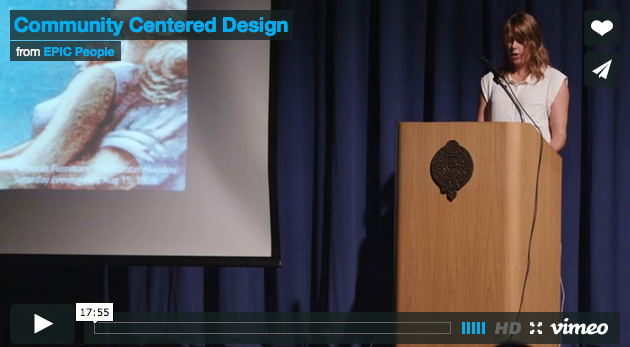
Focusing on the mid-20th century, this paper explores the relationship between design and economics. Then, through the postwar emergence of user-centered design, it explores the positive and negative outcomes that this dominant approach has had on larger social relations, specifically asking: How...
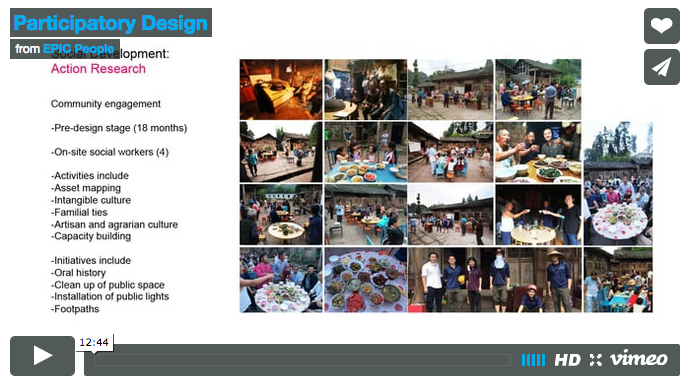
This paper aims towards a critical re-evaluation of Participatory Design processes based on a completed collaborative research (2015) in rural China. The study involved two complementary disciplines; the Applied Social Sciences and Design and their corresponding research methodologies; Action...